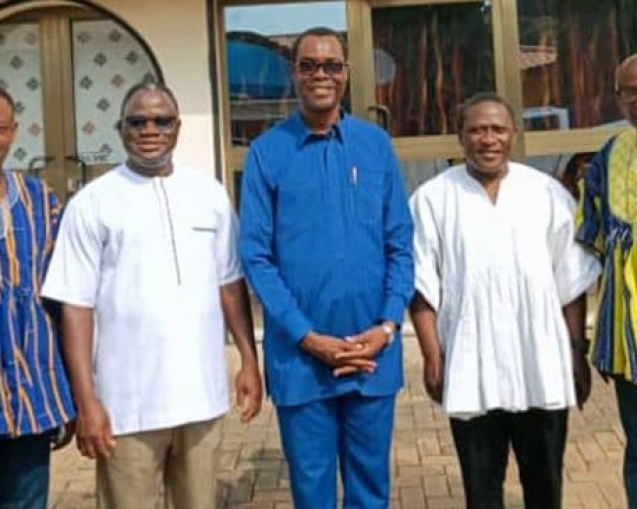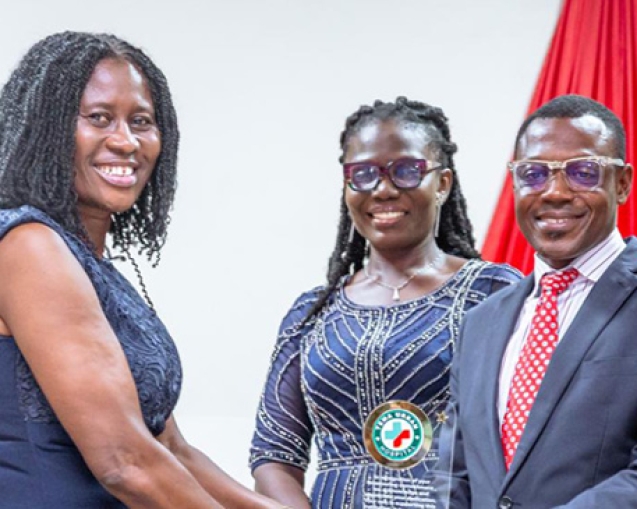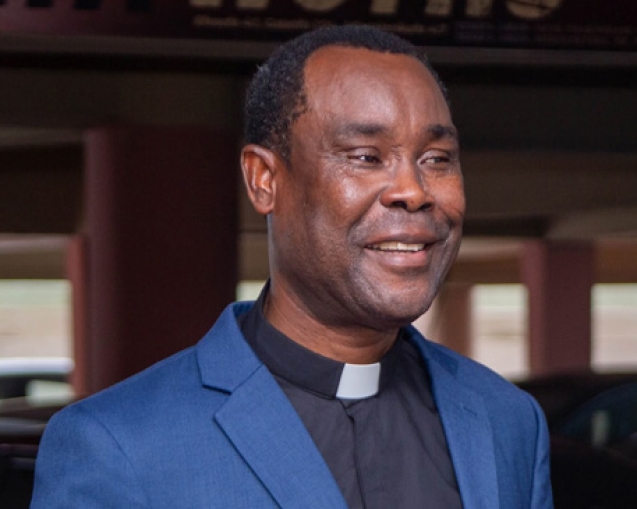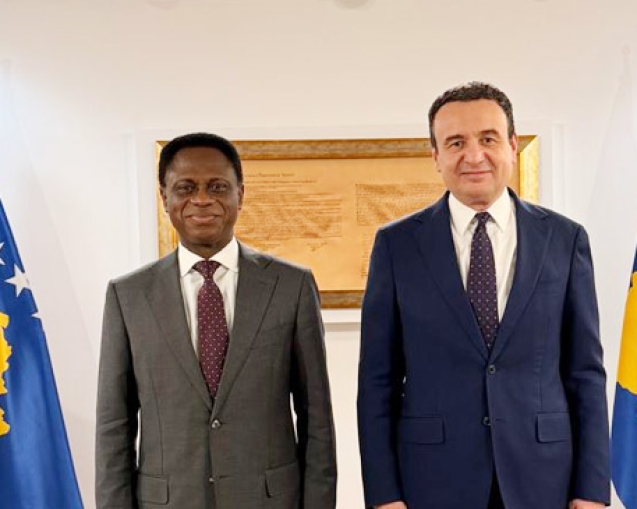In a world undergoing profound transformations across all facets of life, marriage faces its share of challenges and changes. In this dynamic landscape, the institution of marriage, ordained by a divine covenant, has come under scrutiny. Divergent humanistic ideologies, such as LGBTQI+, challenge its traditional concept. These secular humanistic ideologies clash with the original divine design of marriage and have become strong waves wrestling against the truth. They toss infants in the body of Christ back and forth, sometimes blowing some people away from the kingdom of the beloved Son, Jesus. Thus, the body of Christ must refocus on the fundamental intentions of God regarding marriage in this evolving world.
Marriage can be succinctly defined as a sacred covenant established by God between a man and a woman, determined by their biological birth and culminating in the union of husband and wife. Unfortunately, contemporary society has witnessed the rise of alternative views and relationships that challenge this conventional understanding. These shifts have led the body of Christ to contend with important questions about the sanctity of marriage and family life.
The institution of marriage originated in the Garden of Eden. The first-ever union between Adam and Eve officiated and witnessed by the Almighty God, marked the inception of marriage. This foundational event, recorded in Genesis 2:23, happened in the presence of God. This underscores the divine intention that every marriage should be established in the presence of God, making Him the primary witness. As Malachi 2:14b emphasises, “The Lord is the witness between you and the wife of your youth.” This transcends mere physical spaces like church buildings and underscores the spiritual foundation upon which marriages should be built. Thus, marriages should be officiated and established in an environment saturated with the Spirit of God.
God’s creation, including marriage, serves a specific purpose. The intention behind the institution of marriage is clear in Scripture. Christ likened Himself to the bridegroom and Christians to the bride, illustrating that marriage should mirror God’s intended relationship with humanity. Therefore, God designed marriage to be a tangible representation of His love and devotion to humanity.
In Ephesians 5:25, husbands are instructed to love their wives as Christ loves the Church, showcasing the nature of God’s love for humanity. This love transcends circumstances and situations, requiring husbands to love their wives unconditionally. Likewise, wives are urged to submit to their husbands, mirroring the Church’s submission to Christ. Marriage serves as a platform to explicitly convey the image of the unconditional love He (Christ) has for us and the submission Christ expects from humanity. It is, therefore, essential for believers to uphold their marriages with dignity and the mind of Christ to glorify Him.
Unfortunately, in contemporary society, many marriages seem to defy the biblical principle that the husband is the head of the household, just as Christ is the head of the Church. While empowerment and equality are vital in various aspects of life, marriage represents an exception. The intention of God is for wives to respect the headship of their husbands in the same way the Church respects the headship of Christ. Empowerment should not lead to competition for headship. Christ empowers the Church in numerous ways, yet the Church never seeks to unseat Christ’s position as its head. Similarly, empowered wives should not vie for leadership within the marriage. It is God’s intention that marriage showcases the unwavering submission of humanity to Christ and places Him in His rightful position as the head of all their endeavours.
In conclusion, it is essential to recognise that these intentions of God regarding marriage reflect His glory. They hold a special place in His heart, as marriage serves as a conduit through which His glory will be revealed. It is the duty of every Christian in marriage to uphold these divine intentions and honour the institution of marriage as a means to enlighten the world about its significance.
Written by: Elder Michael Boakye (Macedonia Assembly, Kronom District, Suame Area)


















